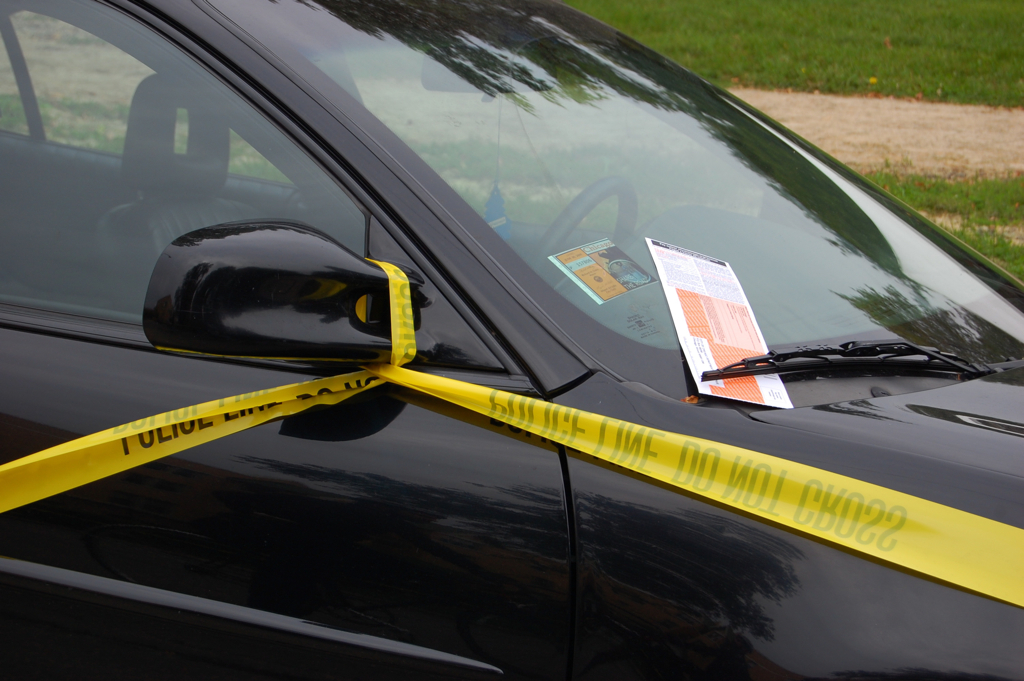Mayor Lori Lightfoot campaigned on a platform that included a pledge to end the city of Chicago’s “addiction” to fines and fees. A 2018 ProPublica investigation revealed that vehicle tickets in Chicago disproportionately harmed low-income, Black residents. All of Chicago’s 2019 mayoral candidates supported ticket reform. Lightfoot’s position included an idea to forgive compliance tickets (city sticker or license plate expiration tickets) for motorists once drivers become compliant with the law.
One could argue that Lightfoot’s record on fines and fees so far has been mixed. There have been some modest reforms on ticketing and fees: an end to driver’s license suspensions over unpaid tickets, more affordable ticket payment plans, and modest debt relief. However, Chicago’s 2021 budget included a provision to lower the ticketing threshold for Chicago’s speed cameras. Instead of ticketing drivers going 10 mph over the speed limit, $35 tickets would kick in when a driver goes 6 mph or more over the speed limit. Critics argued that raising fees in the midst of a pandemic was unfair, and Streetsblog Chicago didn't endorse the proposal (although, now that it's passed, we're interested to see what impact the stricter enforcement has on safety.) In spite of some ticketing reforms, according to ProPublica the outstanding debt owed for city tickets continues to grow, from about $1.45 billion in February 2018 to more than $1.8 billion today
Last month Lightfoot stated during her budget address that, “We know that sometimes what we need is simply an opportunity to fix the mistake.” The mayor is proposing to cut the cost of tickets in half for lower-income Chicagoans, as well as offer these Chicagoans the opportunity to have their compliance tickets forgiven once they become compliant by purchasing a new city sticker or renewing their license plates. This proposal would need to be approved by the City Council. If approved by aldermen, Lightfoot’s debt relief program and reduction in ticket cost would be only available to motorist who can prove their income is under 300 percent of the federal poverty line, which puts the qualifying threshold at about $39,000 for an individual and $80,000 for a family of four.
Motorists who qualify for debt relief would only have to pay the tickets they’d received in the past three years, minus late penalties. All other debt, such as booting and towing and storage fees for impounded vehicles, would be forgiven. If approved, these programs would run until the end of 2023. According to a spokesperson from the mayor’s office, eligible motorists would be able to participate in both programs.
Advocates interviewed for a ProPublica article on the proposed reforms stated they’d prefer to see the city take more ambitious steps. To address the underlying causes of the debt, including reducing the number of tickets issued (the city typically issues 3 million citations a year), lowering the cost of tickets, and setting a statute of limitations on debt collection. Rosazlia Grillier, a parent leader with Community Organizing and Family Issues, a nonprofit that works primarily with low-income women of color, had this to say, “It’s a great place to start. Folks need help, especially after COVID. But we need more… I don’t want us to get complacent or stagnant in thinking this is it. People need some real, real, real relief.”
Priya Sarathy Jones, the national policy and campaigns director at the Fines and Fees Justice Center, called Lightfoot’s proposals a “step in the right direction by alleviating some collateral harm of fines and fees on low-income communities.” She would like the city to go further by reducing the city’s reliance on a “toxic” revenue force, fundamentally change enforcement practices, and eliminate some citations altogether.






